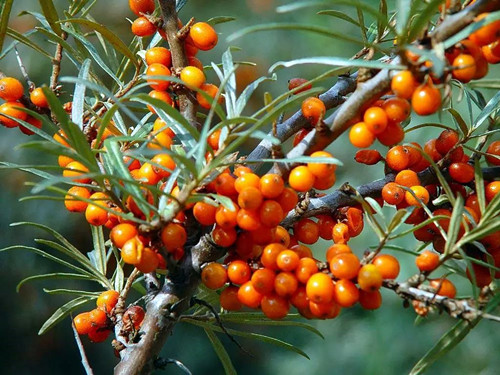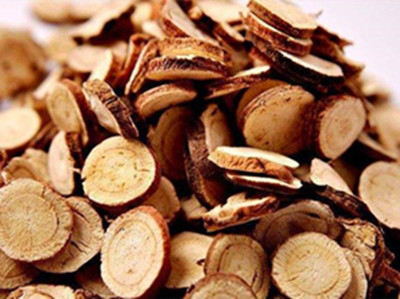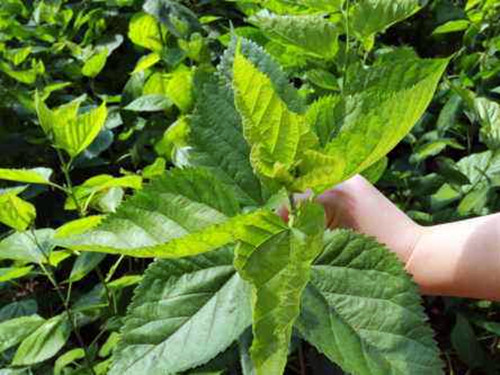Natural botanical extracts have been used for centuries to help reduce the appearance of hyperpigmentation. Many of them contain polyphenols, alkaloids, and a number of other compounds that have been shown to inhibit the production of melanin. Botanical extracts for skin whitening work by inhibiting the production of melanin. Some examples include licorice root, sea buckthorn, coffeeberry, mulberry, and turmeric. Inhibitors of tyrosinase include these botanicals. Read on to learn how herbs and botanical can fight melanin deposition and keep your skin whitening. If you’d like to see results fast, try using one of these products containing these extracts.
Licorice(Liquorice) Root Extract
If you were to ask about the best plant-based whitening ingredients, one of them would be glabridin. Licorice glabra is a perennial herb growing in southern Europe, Asia and Mediterranean regions. Licorice root contains kojic acid, which inhibits tyrosinase and reduces the appearance of hyperpigmentation. Glabridin is obtained from the root of licorice glabridice, is the active ingredient with the best whitening effect of licorice and is reputed as “whitening gold”.
Glycyrrhiza glabridin can penetrate deep into the skin and effectively resist oxidation. It can effectively inhibit the activity of various enzymes in the process of melanin production, especially tyramine enzyme activity. It also has the effect of preventing skin roughness, anti-inflammatory and antibacterial. Glabridin Powder is a whitening cosmetic additive introduced by MARUZEN in Japan in 1989. The experiment shows that it has an obvious whitening effect and good safety. It is the main effective ingredient in mainstream whitening cosmetics.
Sea Buckthorn Extract

sea buckthorn fruit
Among sea buckthorn’s benefits, it inhibits the production of melanin, a pigment responsible for the skin’s color. The higher the melanin content, the darker the skin becomes. This explains why skin tanning occurs. The high content of fatty acids and antioxidants in sea buckthorn oil makes it very useful for skin pigmentation treatments.
Coffeeberry Extract
In recent years, researchers have been studying the potential of botanical extracts in skin lightening products. These agents have multiple mechanisms of action, including anti-inflammatory, antioxidant, and melanin dispersion. Commonly used botanical extracts are green tea, coffee berry, and licorice. These agents are inexpensive, safe, and readily available, and many cosmeceuticals contain them. Some research indicates that there are several adulterated varieties available in the market.
Mulberry Extract
The fruit of the mulberry tree, Morus Alba, is known for its numerous medicinal properties. Studies have revealed that the tree’s chemical compounds inhibit the formation of melanin and Tyrosinase. These chemical compounds of mulberry leaf extracts have been discovered by using a mushroom assay, which is inexpensive and effective in screening for inhibitors of melanin production. Although many studies are still ongoing, some promising results have already been made.
Lemongrass Extract
Lemongrass is a perennial grass with medicinal properties. This herb has antioxidant and healing properties and has a lemongrass scent. Lemongrass also has an astringent effect, which is beneficial for tightening the skin. It is a good choice for blemish-prone skin, as it has many benefits for the skin. Besides whitening, lemongrass helps lighten dark spots and promotes skin rejuvenation.
Shea Butter Extract
Shea butter is a great ingredient for any skin-lightening regime. Its fatty acid content makes it a rich source of antioxidants and vitamins. Its benefits range from reducing the appearance of stretch marks to promoting healthy cell growth. It also contains omega 3 and omega-6 unsaturated fats, which contribute to its lightening and soothing properties. Its benefits have been endorsed by celebrity facialist Joanna Vargas, who founded Joanna Vargas Spas and Skin Care.
Turmeric Extract
Turmeric’s anti-inflammatory and antioxidant properties may be responsible for its brightening effects. Antioxidants also prevent free radicals from affecting the elasticity of the skin. They block the activity of an enzyme called elastase, which attacks elastin and causes wrinkles. Turmeric helps to re-hydrate the skin and combat dryness. To enhance its effectiveness, turmeric is used as a face mask. You can mix it with Greek yogurt and honey and apply it to your face before bedtime. Leave it on for 15 minutes, then wash it off with water.
Noting! As a professional natural herb extract factory, we do not recommend natural plant ingredients to be applied directly to the face as their high levels can affect the skin barrier and also depend on the absorption conditions of the skin. If you want to find the right whitening products, consult your beauty consultant or doctor directly.




